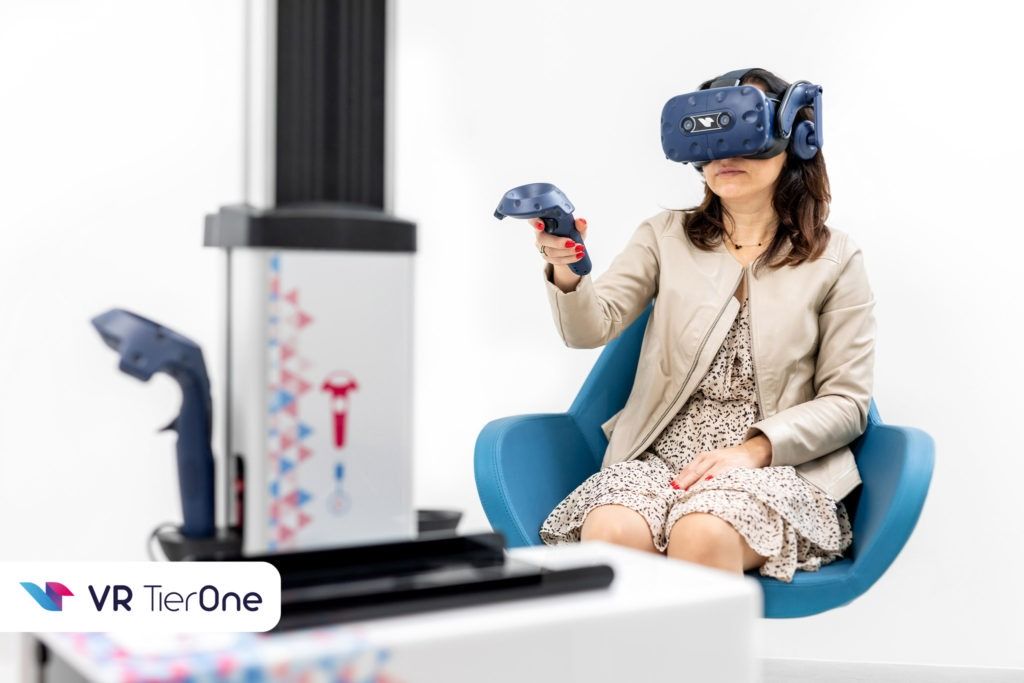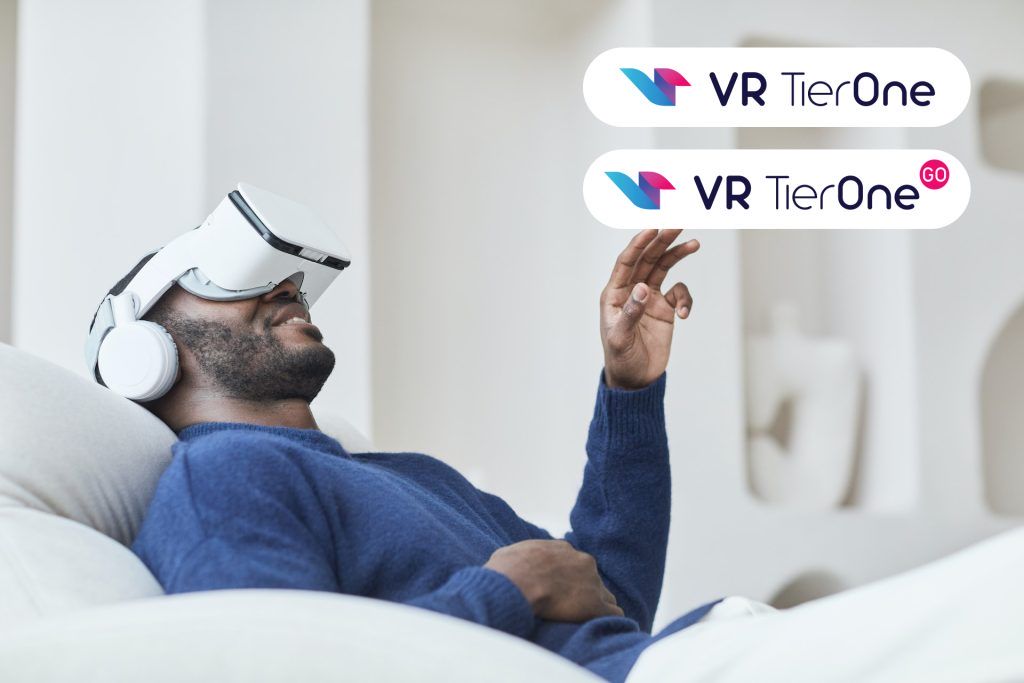Health and well-being require commitment, i.e. activity and energy. One of the symptoms of depression is lack of strength and reluctance to take action in various areas of life. Lowering the drive of life, a sense of sadness and indifference, aimlessness and a negative view of the situation will not allow you to participate in life. Depression can lead to withdrawal and restriction of activity. Persistent withdrawal has adverse health and social consequences. This is the reason why depression needs to be treated.
Withdrawal from life
Limiting social interactions worsens the possibility of cooperation in various areas of our life. Withdrawal leads to detrimental professional and family consequences, as well as limits the ability to reach for help, including healthcare. The social withdrawal, so characteristic of depression, means avoiding contact with other people. For a person suffering from depression meeting other people is exhausting, there is no joy in staying with people, there is a need for isolation. Note that it is difficult for an isolated person to get the help that society can give. Therefore, remaining in isolation may result in further deterioration of health. Anhedonia (inability to experience pleasure) appearing in depression, does not allow you to derive joy and energy from experiences previously considered positive. In depression, it is difficult to regain vitality, even through activities that previously gave us joy. Low energy levels and the inability to ‘recharge’ it make people with depression feel chronically tired, they can stay in bed most of the day. Ordinary, everyday activities become difficult to perform, household and professional duties are beyond strength. Not everyone experiences depression in the same way, but the lack of vitality can be a sign of it. With a high probability, we can assume that the decrease in involvement in family relationships, in professional duties and in every important area of life will have negative effects. Powerlessness and a sense of lack of hope for a change in your state in the future may make you think about finally withdrawing from life. Unfortunately, untreated depression can be fatal.
Healthy engagement
Depression may coexist with somatic diseases, the prevalence of depression in some patients (stroke, cancer, ischemic heart disease, heart attack) is higher than in the general population. The co-occurrence of a disease and depression is extremely unfavourable. The disease requires intensive overcoming of difficulties, for which you simply need strengths that we are lacking in depression. A person suffering from somatic depression additionally has difficulties in taking action to improve their condition. Symptoms of depression prevent you from taking care of yourself and your health, depressive thoughts and beliefs are not conductive to the required change of lifestyle. Patients with depression are reluctant to cooperate with medical staff, do not take full advantage of the opportunities the treatment and rehabilitation offer, and do not engage in the treatment process. If the patient does not take the necessary treatment, their condition will deteriorate, as will the quality of their further life. Depression manifested in omitting health-promoting activities can lead to disability. If a person with depression is not provided with specialist aid in time, their physical health may deteriorate. It is not possible to wait for spontaneous remission of depression, as rehabilitation should usually be undertaken as soon as possible. Lack of commitment is a difficult situation for the environment, which is ready to help the patient and co-implement the health objective. The work of a rehabilitator with a depressed person is more difficult, and the lack of cooperation changes the course of rehabilitation. The desired engagement can be achieved through psychotherapy.

VR Depression Therapy
The challenge in depression can be indifference, including the one presented to your own health. The feelings of hopelessness, apathy, anhedonia render it difficult to persuade a sick person to take therapy, because they do not believe in the effectiveness of any measures. They do not see the desirability of actions to change their condition. Depression adversely affects the maintenance of therapeutic adherence (adherence to agreed recommendations). The patient does not believe in the meaning of treatment and in their own strength and agency in overcoming the disease and its effects. In this case, the healing process will be less effective. Ill mental health of patients is the reason for not continuing treatment or rehabilitation. How to make the transition from withdrawal, passivity and indifference to activity? In order for the patient to be able to take responsibility for their health condition, it is necessary to strengthen mental resources, motivation and mood through psychotherapy. The problem arises when such help cannot be offered to the patient at the moment. New technological solutions may improve the availability of therapeutic interventions. The VR TierOne medical device allows you to carry out a virtual therapeutic cycle for depression. Virtual therapy strengthens patients, builds causative power, supports motivation and faith in one’s own abilities. VR TierOne therapy allows you to alleviate the adverse symptoms of depression, stress and anxiety using tailored virtual metaphorical and symbolic communication. Therapy refers to the patient’s situation, and each session allows you to strengthen the features that are necessary in the recovery process. The beauty of the virtual Garden of Rebirth gives you a chance to relax and restore mental balance at a critical time of health loss. Everything was designed in such a way that the patient participating in the therapy does not feel helpless in the disease and is able to start and continue the necessary rehabilitation. In order to reach the point where rehabilitation success occurs, we need someone who will guide the depressed patient from withdrawal to involvement with professional sensitivity. It can be a virtual therapist in the immersive intervention proposed by VR TierOne.







